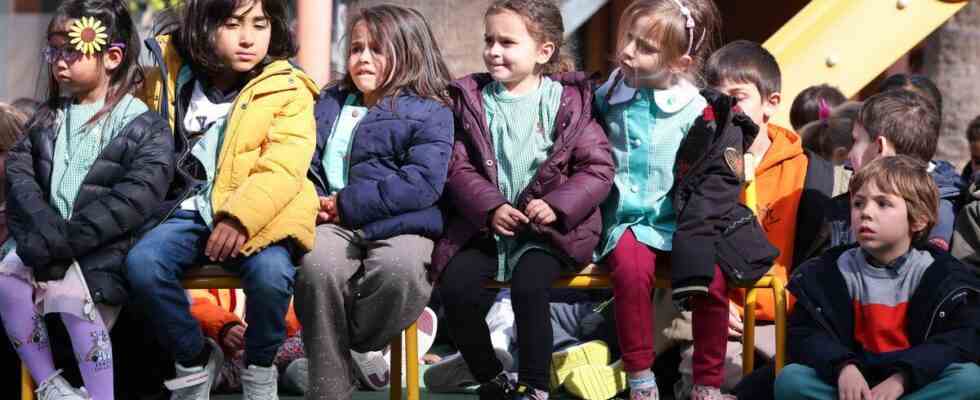On September 1, ten million students will return to school after the summer break. All, or almost, since among them, thousands of children with intellectual or cognitive disabilities will only be educated at the start of the school year “a few hours a week, or not at all”, according to Unapei, one of the major industry associations.
“Once again”, students with this type of disability “are the invisible, the forgotten” and “their rights are always violated”, denounced in a press release Luc Gateau, the president of this federation bringing together associations of disabled people. minds and their families. The lack of schooling, or inadequate schooling, has “dramatic consequences” for families, often “exhausted”, denounces Unapei, which, for the first time this year, wanted to quantify the shortcomings.
18% without schooling
To do this, it has compiled a sample of 7,949 children or adolescents with disabilities supported by its local branches throughout France. Of this total, 18% “have no hours of schooling per week”, 33% between zero and six hours, 22% between six and twelve hours, and only 27% benefit from at least twelve hours of teaching per week.
The government, for its part, highlights the increase in the number of children with disabilities welcomed to school each year: there will be more than 430,000 at the start of the 2022 school year, against nearly 410,000 last year, according to figures communicated at the start of the school year. August by the Ministries of National Education and Persons with Disabilities. This number has “tripled in less than 15 years” and does not take into account some 67,000 students educated in hospitals or specialized structures, such as medical-educational institutes (IME), we underline on the government side.
Better teacher training
At school, the systems deployed by National Education are “without focusing on the quality of schooling”, which requires sufficient teaching time and support adapted to the needs of each, underlines Sonia Ahehehinnou, the vice-president of Unapei. The association calls in particular for better teacher training and an adaptation of the numbers of classes welcoming disabled students.
Some families wait for years for a satisfactory solution, underlines the association which cites the case of a 6-year-old girl whose parents have long hoped to benefit from a home support service (Sessad). After two years of vain patience, they got nothing and they were finally referred to an IME, with… four years of waiting. “We are starting from scratch”, lament the parents, quoted by Unapei.

